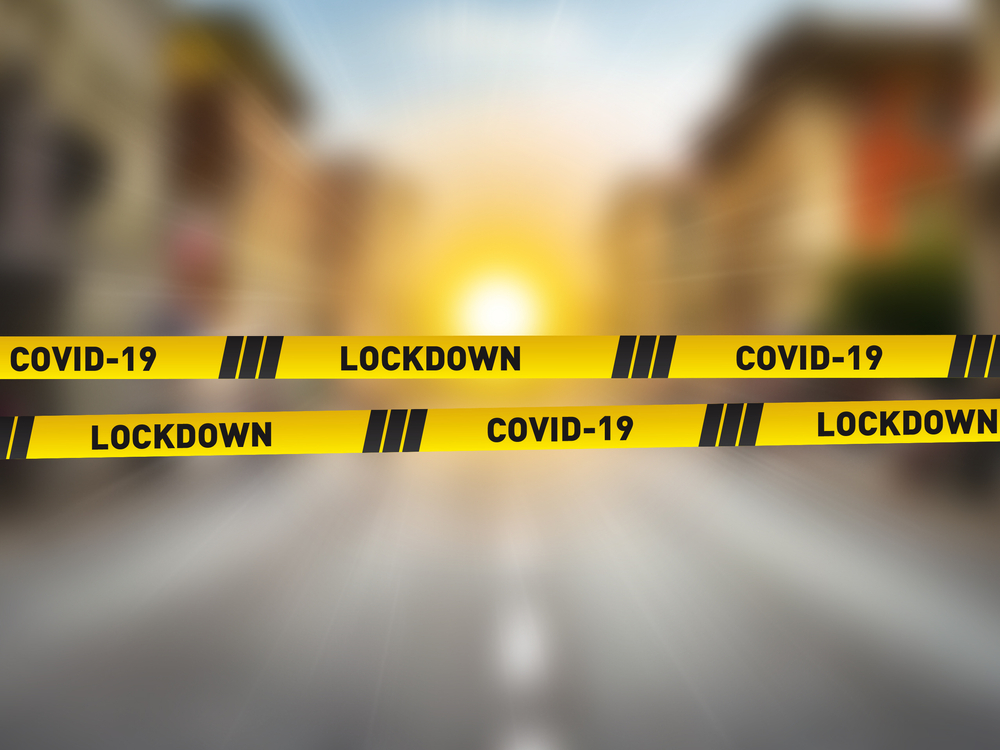Coronavirus: what’s up with our experts?

Can we trust our experts? After months of lockdown, there is rising scepticism about them and their models. Professor Terry Young analyses of the role of experts in the pandemic so far and assesses what needs to change.
Can we trust our experts? After months of lockdown, there is rising scepticism about them and their models.
The guidance about lockdown has been relentless and we have followed it, closing schools and furloughing workers. Our headline figures, however, are among the worst in the world.
We have uncritically accepted advice based on flawed and incomplete science: flawed because it focused on a single aspect of the problem and incomplete because the data was so poor. Nor was the model ever the absolute guide we took it to be. A smart colleague of mine noted that he could predict anything from a huge second wave to nothing at all, just by fine-tuning his input parameters.
Of course, there may yet be surprises – perhaps our big cities were against us all along – but we can certainly do better from here.
What is the evidence? The general ONS picture (June 26, 2020) on coronavirus deaths is clear: 0.01 per cent are children, 11 per cent are working-age individuals, and 89 per cent are retired. Professor Sir David Spiegelhalter has shown how spectacularly the risk of death rises with age.
Looking back, we protected those least at risk instead of those at greatest risk. To get things so completely wrong is serious. How could the advice and the reality have been so completely contradictory?
We know experts have been right in the past – with MMR vaccines 20 years ago, for instance – when sections of the public and the media were wrong. However, back then, they had good data, the situation was well understood and it was purely a medical problem. This time, it was a catastrophe on all fronts that we chose to treat as a medical emergency.
Throughout the pandemic, data has been scarce, as has experience of this type of crisis. It looks like our experts over-reacted to lesser risks and missed the big ones. That said, we knew about hospital-acquired infections and should have stemmed the tide in hospitals. We need to review the hospital discharges into care homes and should probably have foreseen the care home tragedy that followed.
This time we needed better data on the spread of the disease and the numbers who have recovered, but we chose not to make than an absolute priority.
Why does this matter now? Well, if the same expertise continues to dominate, it will hopelessly enmesh us in impossible rules targeted, once again, at those least at risk. One has only to watch a football match, with masked officials ghosting around empty stands while players spit and blow their noses all over the pitch, to sense that the choreography of contagion is still misunderstood and that guidance is still based on extreme and very partial advice.
The good news is that with fewer deaths, almost any track and trace system might now work. In a democracy, good things and bad things take a bit longer, but this might be a belated breakthrough.
The bad news is that that our firebreak, chopping up our supply chains and closing our schools, has unleashed chaos, unbelievably costly chaos, that will take years to play out.
We need a more grown-up and challenging debate with the experts. What is more, we need to broaden the pool of expertise to include manufacturing, business, the economy, and transport.
We need better guidelines than those currently being imposed on school children, students and working people: rules that reflect the risks they really face, as we get our schools, universities and industry back up and running.
We all have a stake in our future, and whatever future we choose, it’s not just about lockdown.
